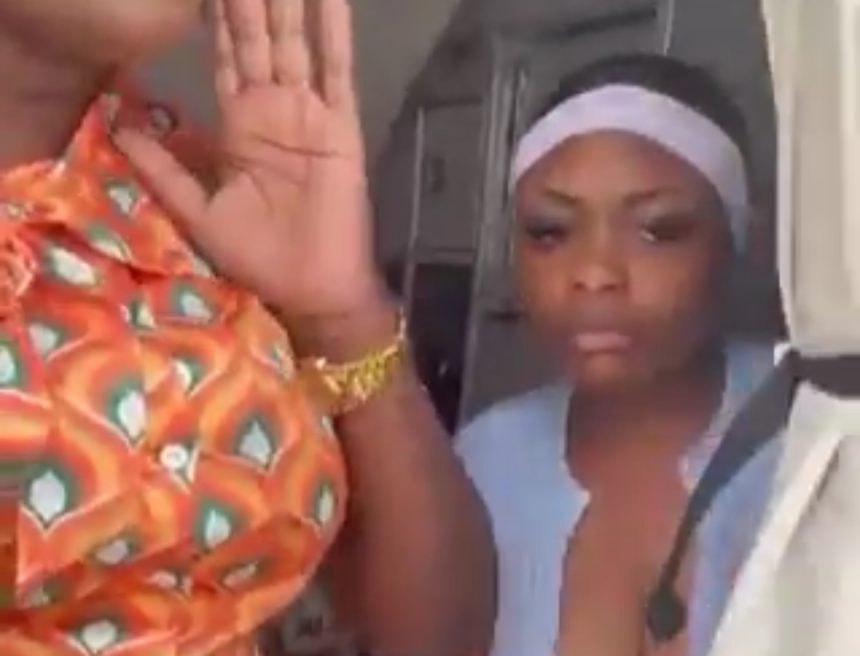Nollywood actress Mary Njoku has spoken out following the controversy surrounding a female passenger, Comfort Emmanson, who was forcibly removed from an Ibom Air flight.
Njoku criticized the treatment of the passenger and called for compensation, stating that the incident violated the woman’s dignity and that of Nigerian women at large.
The incident, which occurred on Sunday, August 10, involved Comfort allegedly refusing to turn off her mobile phone before takeoff on a flight from Uyo to Lagos.
According to a statement released by Ibom Air, the situation escalated when she reportedly became aggressive and assaulted staff members upon arrival in Lagos.
The airline confirmed that she was later handed over to the Nigerian Police Force for further action.
However, a video recorded by an eyewitness surfaced online showing the moment Comfort was physically removed from the aircraft. The footage, which went viral, revealed that she was indecently exposed during the process and was circulated without censorship or regard for her privacy.
Reacting to the viral video, Mary Njoku took to Instagram to express her disapproval and highlight the importance of upholding human dignity, even in cases involving wrongdoing.
“I’ve seen police parade even criminals and alleged murderers, and they still ensure those people are dressed and their private parts are covered. Authorities do not parade people naked. How much more should we expect from airline officials? They are not thugs!!!” she wrote.
While acknowledging that Comfort should face the legal consequences of her actions, Njoku emphasized that the way she was handled was unacceptable.
“While she is being penalised or sent to jail for her actions, she should not be walking away from this alone. She deserves compensation for the damage done to her life and dignity of every Nigerian woman 😡. Because this is NOT acceptable!!!! Absolutely NOT acceptable!!!” she added.
The incident has sparked a broader conversation about the balance between enforcing rules and protecting individual rights during public altercations.

